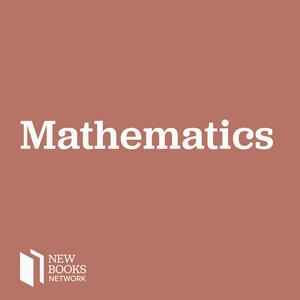Noah Giansiracusa, "Robin Hood Math: Take Control of the Algorithms That Run Your Life" (Penguin, 2025)
Everything we do today is recorded as data that’s sold to the highest bidder. Plugging our personal data into impersonal algorithms has made government agencies more efficient and tech companies more profitable. But all this comes at a price. It’s easy to feel like an insignificant number in a world of number crunchers who care more about their bottom line than your humanity. It’s time to flip the equation, turning math into an empowering tool for the rest of us.
In Robin Hood Math: Take Control of the Algorithms That Run Your Life (Penguin, 2025), award-winning mathematician Noah Giansiracusa explains how the tech giants and financial institutions use formulas to get ahead—and how anyone can use these same formulas in their everyday life. You’ll learn how to handle risk rationally, make better investments, take control of your social media, and reclaim agency over the decisions you make each day.
In a society that all too often takes from the poor and gives to the rich, math can be a vital democratizing force. Robin Hood Math helps you to think for yourself, act in your own best interests, and thrive.
Noah Giansiracusa is an Associate Professor of Mathematics at Bentley University, Visiting Scholar at Harvard University, and the author of How Algorithms Create and Prevent Fake News. His writing has appeared in Scientific American, TIME, WIRED, Slate, and the Washington Post, among others, and he has been featured as a guest on CNN, BBC Radio 4, and Newsmax. Giansiracusa lives in Acton, Massachusetts, with his wife, two kids, two dogs, and 12 chickens.
Learn more about your ad choices. Visit megaphone.fm/adchoices
Support our show by becoming a premium member! https://newbooksnetwork.supportingcast.fm/mathematics


